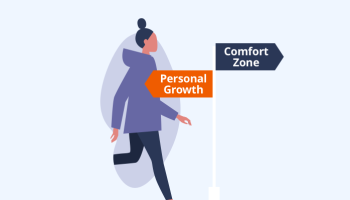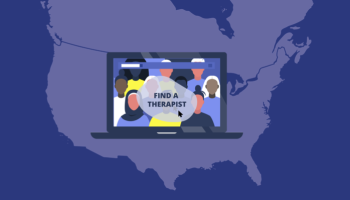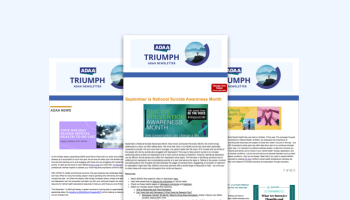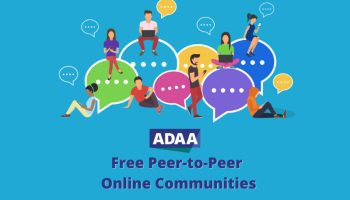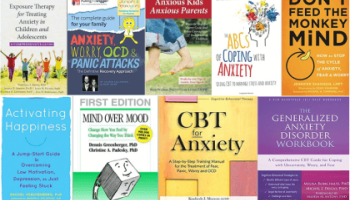5 Ways to Increase Visibility and Advance Your Career Using Social Media
5 Ways to Increase Visibility and Advance Your Career Using Social Media

You may already feel overwhelmed by reading the title of this blog! How do I keep up with the changing trends and use social media effectively to promote myself? It’s easy to use social media as a form of entertainment, to post personal pictures and videos, and to connect with others who have similar interests. But, when it comes to having a professional presence on-line, it can be difficult to know where to start. Social media is a great tool for advertising your personal brand, moving up in your field, promoting your practice, demonstrating your expertise, and can even help you land the right job. Here are some ways to use social media to advance your career:
- Become familiar with the different social media platforms available for use: Twitter, Facebook, LinkedIn, YouTube, Instagram, ResearchGate to name a few. An article published in the NYT highlights the different media platforms and provides a comprehensive overview. It is important to know the pros and cons of each platform and how to best maximize available resources.
- Determine how you want to use your social media platform: Figuring out whether you want to create a profile that strictly focuses on your professional endeavors or whether you want to also incorporate your personal interests and commitments is an important step. It may be easiest to create a new social media page that focuses on you as a professional and separates personal posts (pictures, videos, comments on unrelated topics, etc.). Some people have both personal and professional pages while others phase out their personal page and strictly use a professional page. Be aware of company policies about the use of social media if you don’t work for yourself. You may need to separate yourself and your brand from the institution/corporation that you work for.
- Create a professional bio that can be used on each platform: Different social media sites may have specific word and character limits so make sure to adapt each bio appropriately. As an example, the muse posted an article that contains some tips on writing a professional bio for social media sites, such as Linkedin, versus for a company website.
- Build a community by posting on topics of value to your intended audience: Try not to focus on followers and the number of likes. Instead, establish a group of followers who will share your posts and engage in conversations about the topic at hand. Post articles relevant to your interest and also ones that are insightful, humorous, and highlight who you are as a professional. Keep in mind for each promotional post that you make (regarding your accomplishments, services, business, etc.) it is recommended that you have 6 other content posts to ensure that you are not over-promoting yourself. Emphasize content related to your specialty area and that your audience can appreciate.
- Consistently post to increase visibility: Using social media to promote your career is an ongoing commitment. Frequent posting is essential to generate traffic to your page. Adding reminders on your calendar can help to keep you organized and on schedule to post regularly. This requires you to not only post on your own page, but to comment on relevant pages, share related videos and pictures that promote your beliefs and values, and requires you to stay well-informed of the current events in your particular field of study.
Social media changes frequently so it is important to keep up with the transformations by optimizing your use of the tools available to you. Using social media can help increase your overall impact and help you make lasting connections with professionals in your field of interest.


